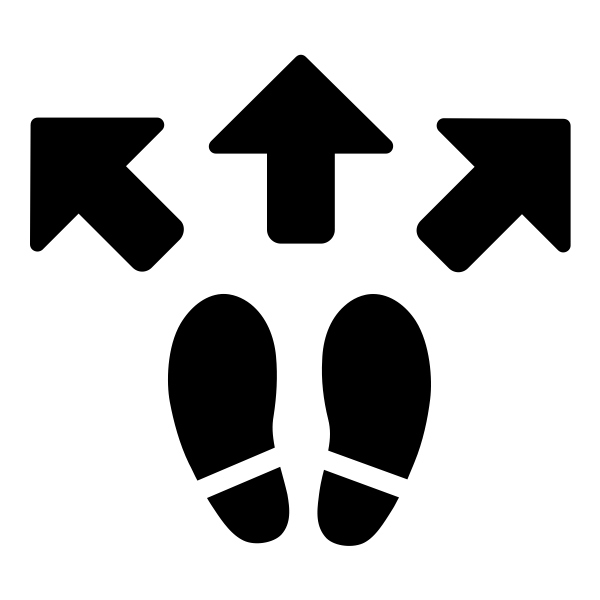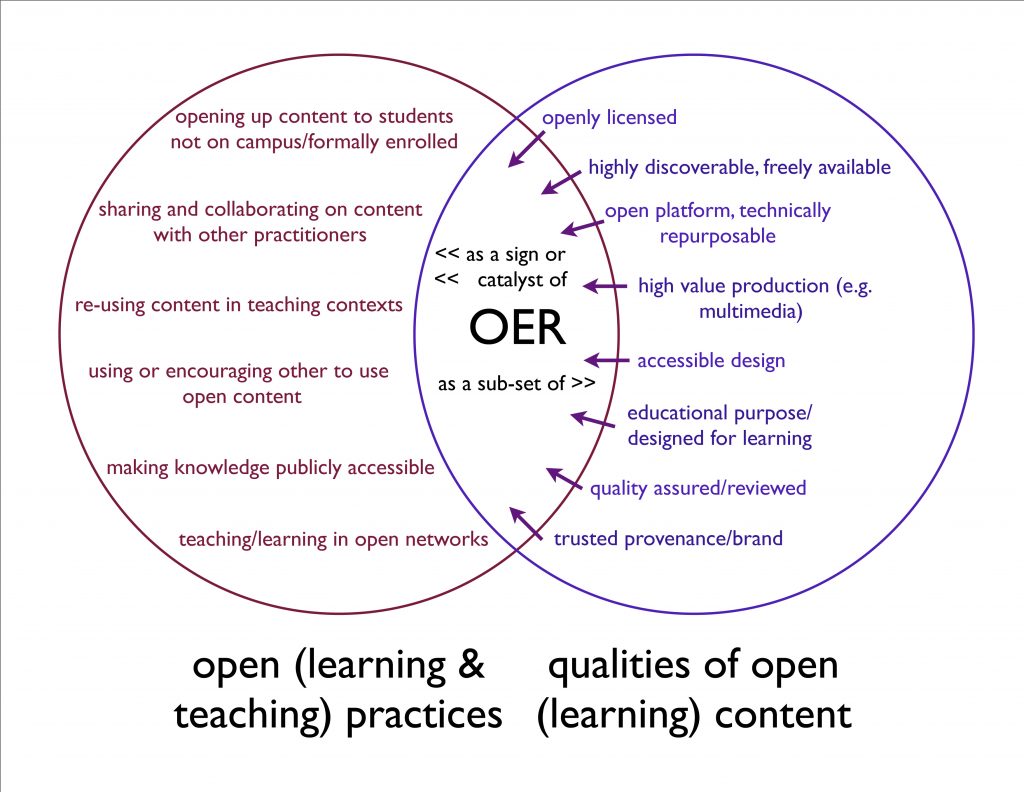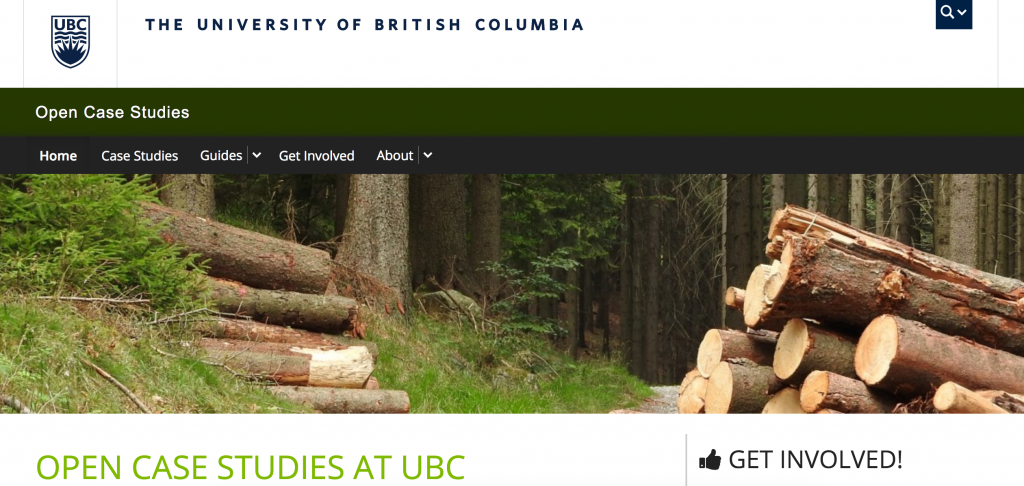I am involved in an OER (Open Educational Resources) creation and sharing project called Open Case Studies that started about a year ago. I’m writing this post to give a general overview of the project to introduce it to new people who might want to participate.
This post will generally follow the format of a couple of presentations I’ve already given recently. Here is a set of slides from one of them, that goes over the basics of the project. You can download the slides as powerpoint, here: BCcampus-OpenEdWebinar-OpenCaseStudies-Feb2017
Motivation for the project
This project started from an idea by Daniel Munro, who was in 2015-2016 the Associate VP Academic for the student association at UBC, the Alma Mater Society. He wanted to start a project that would allow for several things:
- Creation and adaptation of OER by both faculty and students at UBC, to be shared for revision and reuse by others
- Interdisciplinary discussions and activities–students and faculty working across disciplines
- Students avoiding “disposable assignments” and instead creating things that add value to the world; this is also connected to the idea of students as producers of knowledge rather than just consumers
You can see more about the objectives of the project on the “about” page of the Open Case Studies project website.
Project in a nutshell
Our project and site involve both faculty and students creating or editing case studies that are openly licensed (CC BY) to allow for revision and reuse by anyone with no restrictions except an attribution to the original source. See here for more about CC BY and other Creative Commons open licenses.
We held a two-day sprint in May 2016 in which faculty and students wrote the first set of case studies. You can see all about that sprint in my blog post about it.
How the case studies have been used in courses
In the 2016-2017 academic year, several faculty members used the case studies in their courses at UBC. There are many ways to do so! Here is what has been done so far:
- One faculty member has assigned a case study “as is” in a course
- One has asked students to add “action plans” at the end of one of the case studies (see here)
- Several have asked students to write their own case studies
- See the Forestry case studies on our site
- And also this case study from Civil Engineering
- A class in Gender, Race and Social Justice had students write case studies too, but they’re not on the site because we haven’t yet sought permission to give them a CC BY license. You can see them on the UBC Wiki, here.
We have a teaching guide for the project that shows some examples of assignment instructions faculty have used with the case studies. See the “sample assignments” on the Teaching Guide page for the project.
We are particularly interested in developing interdisciplinary activities involving the case studies. So far students in single disciplines have been approaching the case studies from those disciplines. But we would love it if students could approach existing case studies from a separate discipline and add their own perspectives. There are places in each case study where such perspectives can be added.
Or perhaps two classes could work together on creating case studies from two (or more) different disciplines.
Help with implementing open case studies into courses
This project is funded in part by a Teaching and Learning Enhancement Fund grant from UBC, which allows us to hire graduate assistants to help faculty design and implement assignments.
We also have access to help from the UBC Library and the Centre for Teaching, Learning and Technology in creating resources to help students understand how to write or otherwise contribute to the open case studies.
So anyone from UBC who would like to join has access to help in implementing open case studies into their course (at least for the next year or so)!
Anyone can contribute
We have focused most of our efforts so far on UBC faculty and students, but we are also opening out the project to anyone who would like to join in, from any post-secondary institution.
We are working on creating a form for people who are interested to fill out that will be posted on the site, but for now, please just email me if you would like more information or think you might be interested: c.hendricks@ubc.ca
And be sure to check out our website!





